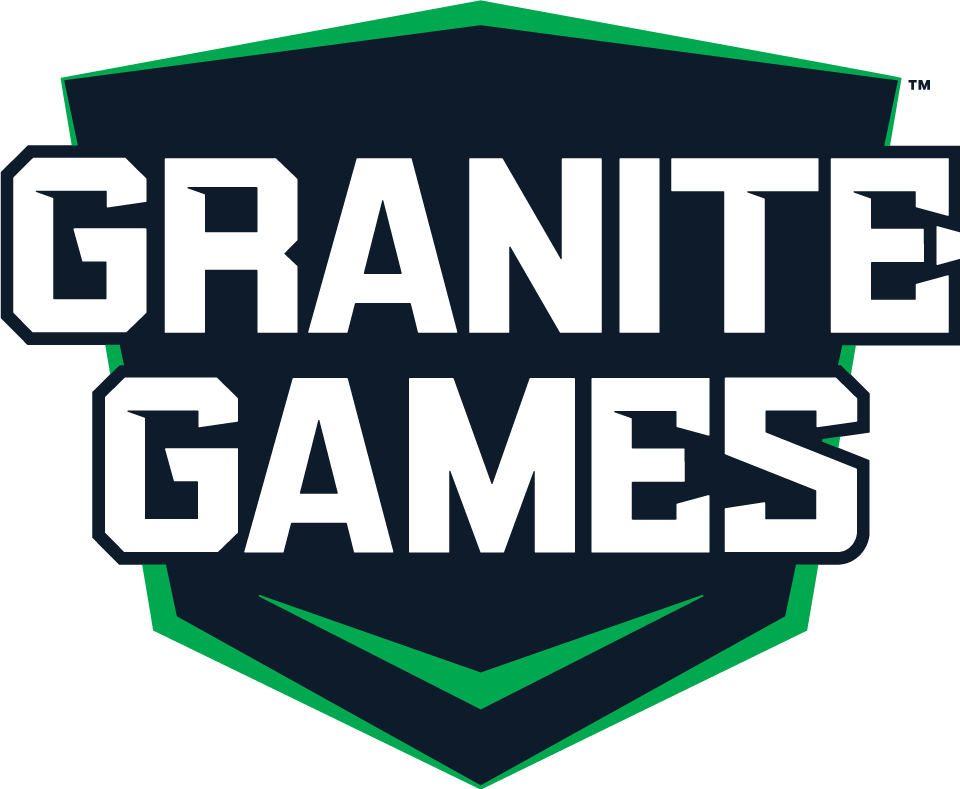By Paul Nobles
 1. As your training volume goes up so should your carbs. I am all about nutrient density but when training volume goes up some energy density is necessary. Carbs help with that.
1. As your training volume goes up so should your carbs. I am all about nutrient density but when training volume goes up some energy density is necessary. Carbs help with that.
2. Track your intake (it’s not a Paleo sin to track your Paleo). What if I told you the difference between being good and being great is simply having some idea what you are eating. I eat intuitively MOST of the time but if I am cutting weight or adding capacity I need to know AND SO DO YOU! Most of our members use MyFitnessPal but many calorie tracking apps are good and super easy to use now.

3. Don’t eat clean and train dirty before a competition. I would argue that the whole idea is a bit of a myth (it does make a cool t-shirt though) but if your weight is up and you feel like that will affect your athleticism then deal with that after competition season. That’s what I have my athletes do. The last thing you want to do is to try and extreme diet while increasing your training volume. We have our competitors cut out of season. If your performance in the competition isn’t all that important to you opt for the least amount of change that will get you the best result. Peaking for competition is about building work capacity and getting your body ready for war. Food is a big part of that.
4. Buy a FitBit HR Charge to know how much you need to eat. When you break it down what Eat To Perform brings to the equation is that we told people they need to eat to their level of activity. If you don’t know your level of activity once again you are just guessing. I had someone tell me recently that Rich Froning doesn’t track his food, want to know who does? Camille Leblanc Bazinet and virtually every competitive female that I know does as well. Also if your a male and you are reading I don’t need to know how much I am eating unless you are Rich Froning (hi Rich) yes you do.

5. Also since you are tracking now you should be getting between .8 and one of your body weight in protein grams. So if you are a man and you weigh 200 pounds you need AT LEAST 160 grams just to meet your basic needs.

6. Fats are fine but too much fat makes you a worse athlete. Let me give you an example, I had a 160 pound male that was 13%. He recently tested at 162 pounds OF LEAN MASS in a little over a year. HE IS STILL 13%! He will be on the floor with you guys. Before he would have to do scaled. Now he is Elite, that’s the difference increasing work capacity with a proper approach to food can make for you. When he was 160 pounds he was eating higher fat, we brought it down to a reasonable level (about 100g) and added carbs to replace the fat. 100g is a good amount of fat in case you don’t know so we certainly aren’t anti-fat but we are very pro understanding. All the nonsense about blunting insulin misses the point when you are trying to maintain and build more useful muscle.
7. Quit working out at 60%. Now that we have talked about getting food squared away let’s go the rest of the way. If you are constantly beat up you aren’t working out any where close to 100% and you can’t mobilize your way out of that problem. I’m cool with active rest low impact days (rows and low intensity airedyne’s work, remember low intensity?) but you might just be better off on the couch watching a movie.
8. Eat most of your carbs around your workouts. It’s not a rule it’s a guideline, your body will figure it out either way but the better you are as an athlete the more important this becomes. If you are tracking your food eat MOSTLY fats, proteins and fibrous vegetables outside of the time you are training and MOST of your carbs to enhance your performance and recovery (and muscle protein turnover, basically the tissue you are tearing apart carbs help repair as long as you are eating an adequate amount of food).

9. Caffeine might help. Actually caffeine is known to enhance athletic performance up to 20%, most people just need to find a dose that feels right. Also be careful if you train later in the day because it may affect your sleep. “Won’t this crush my adrenals leading to adrenal fatigue?” Most people that think they have adrenal issues eat to clean or don’t eat enough a lot of the time. That is much bigger factor than caffeine. Eat mostly whole foods in appropriate amounts, get good sleep and train hard.

10. Quite literally the only supplement I use every single time I train is Creatine. I can meet most of my protein needs through food (but it does take some work and for a lot of people that’s not an option so a high quality protein supplement makes some sense for those folks). I actually does a bit more than the standard recommendation of 5 mg’s a day but I only take it on days I train and as I mentioned earlier I don’t train every day.
11. You don’t need to starve yourself or be great at CrossFit to have abdominal muscles that show (even for females). I will be on the floor competing with you guys this year and I will have my shirt off a lot of the time. Frankly I am a pretty mediocre CrossFitter but I do have abs because I understand how to fuel my work capacity. We all aren’t genetically meant to win the Granite Games but you should look like you workout and if you work your ass off in the gym but you aren’t seeing it in the mirror I know a guy….. (actually I am kidding, Eat To Perform isn’t just me, it’s a team of folks meant to help you reach your goals however you choose to eat).

